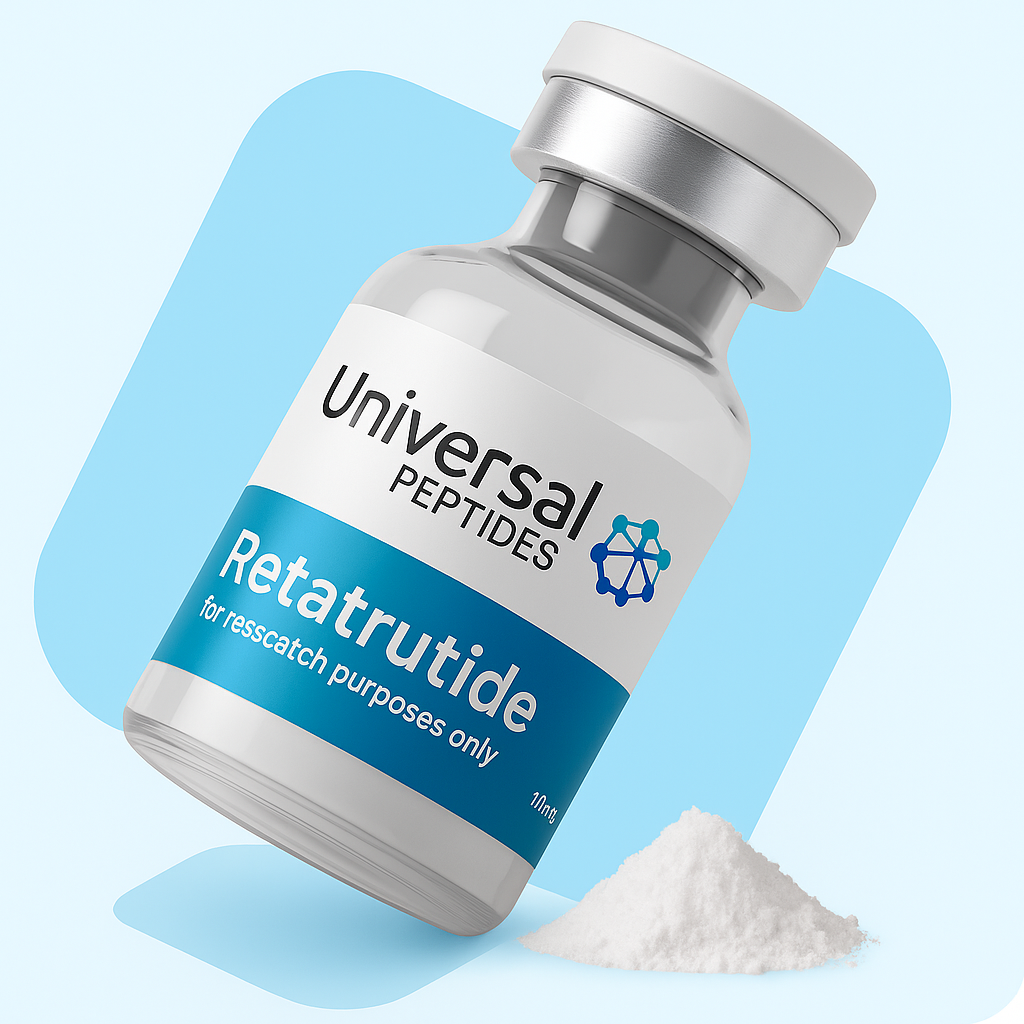-
By: admin
-
October 27, 2022
How Sleep Impacts Recovery and Performance
In the pursuit of better health and peak performance, most people focus on training, nutrition, or supplements. Yet one of the most powerful tools for recovery and performance is often overlooked: sleep. Quality sleep is not just “rest”; it’s an active biological process where the body repairs, regenerates, and prepares for the challenges of the next day.
Why Sleep is Essential for Recovery
When we sleep, the body enters phases that directly impact physical and mental restoration.
-
Muscle Repair and Growth: During deep sleep, growth hormone is released, repairing muscle tissue and supporting recovery after exercise.
-
Tissue Healing: Sleep enhances protein synthesis and cell regeneration, speeding up healing from injuries.
-
Reduced Inflammation: Quality rest lowers stress hormones like cortisol, which helps decrease inflammation.
Without enough sleep, the recovery process slows down, leaving the body more prone to fatigue, soreness, and injury.
The Connection Between Sleep and Performance
1. Physical Performance
-
Athletes who get consistent sleep show improved speed, accuracy, and endurance.
-
Lack of sleep leads to slower reaction times, reduced strength, and higher risk of mistakes.
2. Mental Performance
-
Sleep supports memory consolidation, learning, and decision-making.
-
A tired brain struggles with focus, motivation, and problem-solving – all key elements of peak performance.
3. Emotional Stability
-
Sleep-deprived individuals experience more stress and mood swings.
-
Emotional regulation is essential for staying consistent in training, work, and daily life.
Sleep Stages and Recovery
-
Light Sleep: Prepares the body for deeper stages, helps regulate heart rate and breathing.
-
Deep Sleep (Slow-Wave Sleep): The most restorative stage, when growth hormone is released and physical repair happens.
-
REM Sleep: Critical for brain recovery, memory processing, and emotional health.
All stages are important, but deep sleep and REM are the keys to full recovery.
How Much Sleep Do You Need?
-
Adults: 7–9 hours per night.
-
Athletes and High Performers: Often benefit from 8–10 hours for optimal recovery.
-
Quality matters just as much as quantity, fragmented sleep reduces benefits even if total hours are adequate.
Strategies to Improve Sleep Quality
-
Create a Consistent Schedule – Go to bed and wake up at the same time daily.
-
Optimize Your Environment – Dark, quiet, and cool bedrooms promote deeper sleep.
-
Limit Blue Light Exposure – Avoid screens at least 1 hour before bedtime.
-
Avoid Stimulants Late in the Day – Reduce caffeine and alcohol consumption.
-
Incorporate Relaxation Rituals – Meditation, reading, or stretching can prepare your mind and body for rest.
The Role of Peptides and Science in Sleep Support
Recent research shows certain peptides can support sleep by:
-
Regulating circadian rhythms.
-
Reducing anxiety that interferes with sleep.
-
Supporting deep recovery phases through growth hormone release.
For athletes, combining healthy sleep habits with science-backed solutions may maximize performance outcomes.
Sleep as the Ultimate Recovery Tool
Sleep is not a luxury, it’s a necessity for recovery and performance. From repairing muscles to sharpening focus, every hour of quality rest brings measurable benefits.
If you want to perform better, think clearer, and recover faster, prioritize sleep. It’s the foundation of true peak performance.














